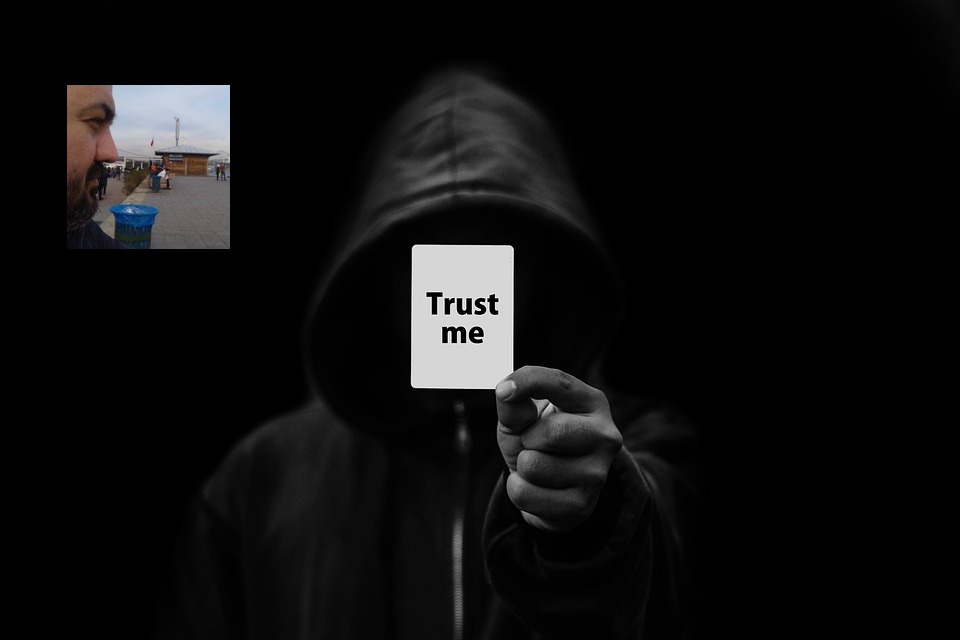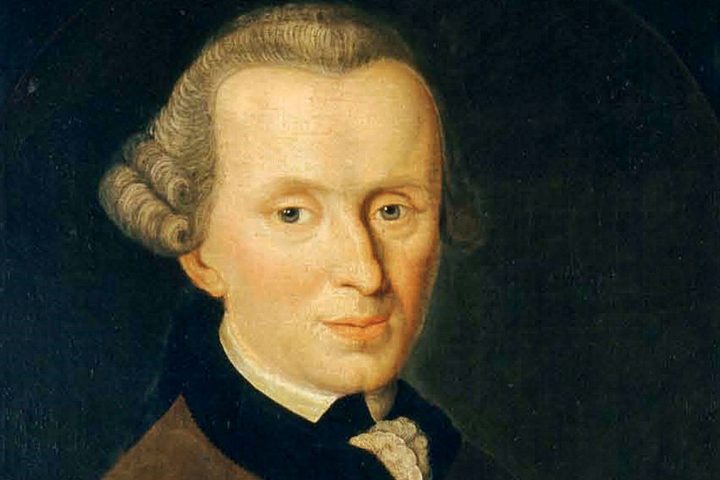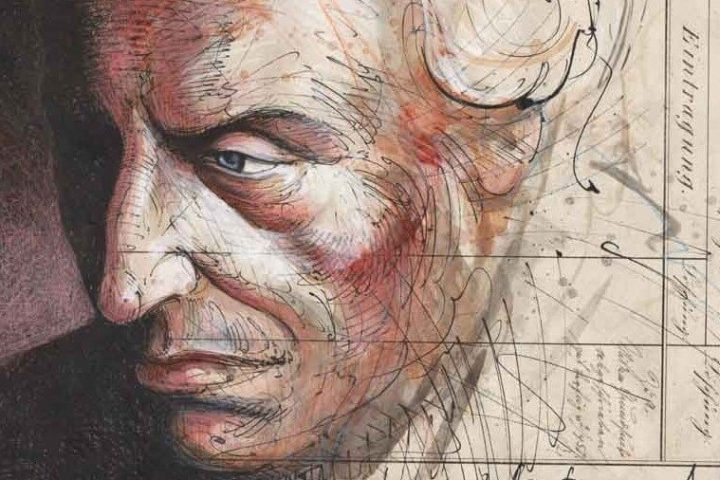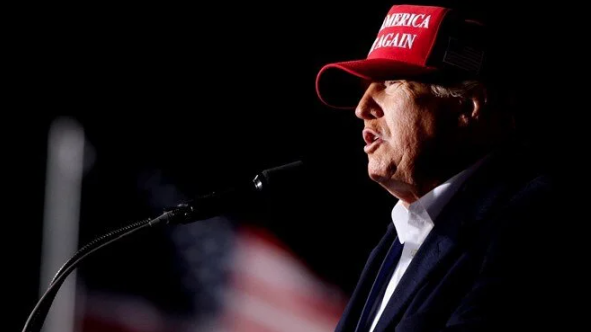This is the English translation of Hayati Esen’s article published in Turkish on turkiyepolitik.com.
Politics is theoretically the struggle for ideologies and goals. Sexuality, on the other hand, can be defined as the guidance of biological and physiological feelings, passions, and relationships. Taboos, laws, norms, and people’s behaviors affect both of these areas in society. While certain opinions or behaviors are unacceptable in politics, there are also socially accepted sexual behaviors and preferences.
Both can also lead to debates about people’s freedoms and rights. In politics, there is a fight for freedom and rights, while in sexuality there is a fight for people’s right to make decisions about their own bodies and sexual preferences.
Both issues can have a huge impact on people’s lives. Political decisions can determine the fate of countries and communities, while sexuality plays an important role in the physical and emotional health of individuals, social norms and relationships.
Thus we also see that politics and sexuality as part of life is a contestation of power. For example, a man is considered a strong or dominant sexual partner. As we can see from this example, the power balances and dynamics in sexual relationships will have an impact on the relationship. But this balance of power can also lead to the man engaging in negative behaviors such as sexual abuse or harassment. This can be caused by the excessive sexual experience of the man compared to the woman. The man has had sexual intercourse with so many women that he may see sexual abuse or harassment as his right because he is more experienced than the woman. This behavior can also be interpreted as his taking sexuality as a question of survival. As the continuation of his generation and existence…. Erk has the ability to cause such behavior by nature. The experience of political power over the years can be likened to this.
When the power, as a dominant character, finds the opportunity to penetrate into the capillaries of the administrative levels and is free from opposition centers that will control and question this opportunity, it will make its harshness, impunity and increasing harassment felt. As we said, this is the nature of power.
Opening a parenthesis here; Kant, who led a psycho-socially closed society and a sheltered life, should be emphasized on his political theory on power and the state. Let’s open another parenthesis; the fact that Kaht spent his youth as a pietist may have caused him to think differently about state and power. While this will remain in our minds as a different side of our topic, let us continue by quoting Kant’s thoughts on power.
Kant argued that people have the ability to govern themselves. According to him, people should take responsibility for their own actions through their rational thoughts. Therefore, the impact of power on individuals’ freedoms should not restrict their ability to govern themselves. He makes proposals for the limitation of power, especially in the field of law and state administration. He argued for a just legal system that protects the rights of individuals and is equally available to all. He also argued that the state should be self-controlled and limited.
Kant emphasizes that power should be exercised in accordance with the freedoms of individuals and the principle of equality, and that the uncontrolled exercise of power can restrict people’s ability to govern themselves and lead to injustices.
Kant is one of the most important figures of modern political theory and, in fact, one of the inspirations for the American Declaration of Independence, one of the most important texts of the modern period. Especially the title Groundwork of the Metaphysics of Morals in Kant’s essay “What is Enlightenment?” should not be forgotten.
Now, reader, why? Why did we devote so much space to Kant? And by looking at the title, he may think that we are taking away from the context of what we want to explain. Maybe he is right. But in countries like Turkey, which have not completed their social problems and the separation of public spheres in power and state administration, the change of power is treated as a question of survival and existence. Because the sovereignty of the communal structure, not public law and order, governs this perception. Actually, it is wrong to call this a perception. Because this is not a perception, it is the transfer of socio-political reality to politics and from there to the power and state structure, making the change of power a question of survival. For the last 10 years, Turkey has been clearly experiencing the crisis of the state, public law and the community again. This is because 80 years after the founding of the Republic, it has turned into a fight between a community that was able to secure its ideological power and its predecessor ideological community not to lose its place. Rather than discussing the solution to the problem, it is a fight over which congregation should take power and how comfortable we will be if it does. The elections are not a fight to liberate the individual against the power and the state, but a fight to transform the congregational hegemony over the state into the surrender of the state to the hegemony of another political congregation.
However, we need to remember how Immanuel Kant, a central figure in political theory, defines the relationship between the modern state and the individual. This is why the example of Kant is important for us. Because Kant, who spent his youth as a good religious man with a mystical vision of the world, discussed the change and transformation of his time, where the social was going, and how the relationship between the state, power and the individual should be. Today in Turkey, instead of discussing the relationship between the state, politics and the individual in a changing world, we are watching the reflections of community fights marketed as politics.
By the way, let me remind you that one of the biggest destruction of nature in the history of the Republic took place and all the discussions and fights were handled within the cult of the community, we are aware of that, right? So how does this affect the election results, for example?
Source of the article: https://www.turkiyepolitik.com/?p=137





